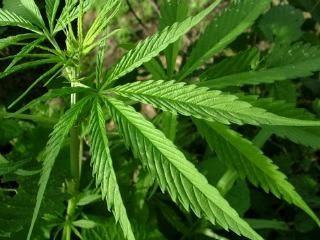Pot for PTSD On the Docket At State Senate Hearings; Are Other Drugs Close Behind?

Thursday, doctors, researchers and armed services veterans testified before the Oregon state senate to hear arguments for the allowance of veterans suffering from post traumatic stress disorder to use medical marijuana to alleviate their symptoms.
Politicians are debating Senate Bill 281. This would amend the list of qualifying conditions for medical marijuana uses in Oregon to allow its use for treatment of PTSD.
"We have failed to find any medications at this point that provide consistent benefits" for the thousands of war veterans and others who suffer from the disorder, said Bryon Krumm, a psychiatric nurse practitioner at the Sage Neuroscience Center in Albuquerque, New Mexico. "It's all pretty much been a crap shoot up to this point."
Krumm continued, saying that marijuana has been shown to help with sleep, calm anxiety and reduce suicidal urges.
Dr. Frank Lucido, of Berkeley testified that Doctors have found that treating PTSD patients with marijuana -- a relatively inexpensive and non-toxic drug -- has helped replace anti-psychotic medication and alcohol as a way to cope with their anxieties.
Jose Garza, a veteran who recently finished his time in the military and currently has issues with anger control testified about marijuana helping his recovery: "I'm not a hippie, I'm not a stoner. I'm not a criminal, I'm a United States veteran, and this is what saved my life."
The bill will now be passed to the Senate Judiciary Committee to assess its legal position.
Other research has pointed towards using MDMA, the active ingredient in Ecstasy. The research followed 12 patients who were chronically resistant to PTSD treatments. When researchers followed up with the patients a time later, they found that the treatment didn't lead to abnormal behavior or drug abuse.
Current treatments for PTSD involve using SSRI (selective serotonin reuptake inhibitors) and psychotherapy. Around a quarter of PTSD sufferers who undergo this treatment fail to complete it and in those who do, recovery is not assured.
Are recreational drugs the future of PTSD treatment?



























